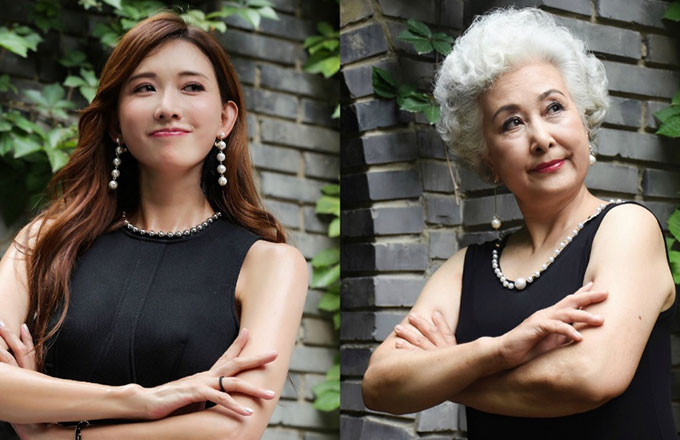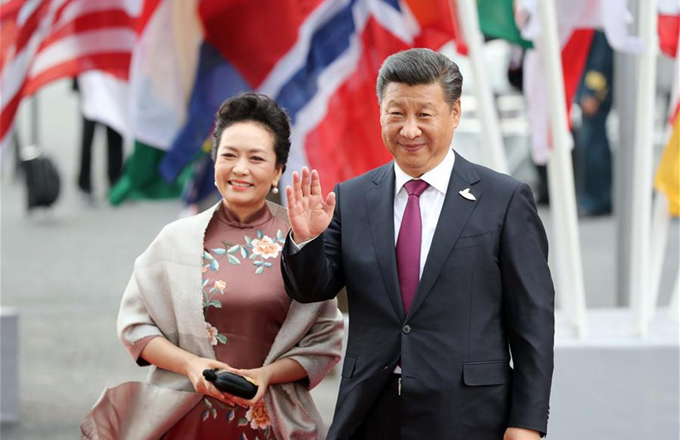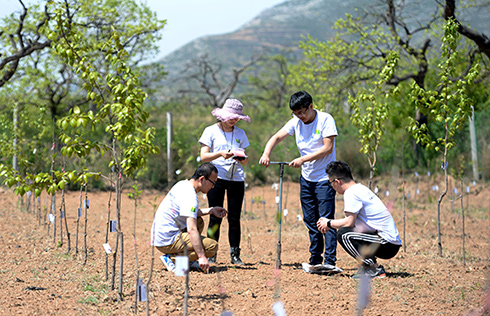Yuan Chengye: Crystallized in minerals
Originally published in 2008
"Science is a sublime undertaking."
-Yuan Chengye
Editor's Note: Yuan Chengye?is an organic chemist born in Shangyu, Zhejiang province, in August 1924. He?graduated from Nangjing Medical College in 1948. In 1955 he obtained an associate doctorate in chemistry from Soviet Institute of Medical Chemistry. In 1997 he was elected a member of Chinese Academy of Sciences. He is now a researcher at the Shanghai Institute of Organic Chemistry?at Chinese Academy of Sciences. His specialty is the synthesis and application research of organphosphorous compounds. He organized and led the research into extractants for nuclear fuels in the 1950s and 1960s, making a great contribution to the development of China's first atom bomb. He also actively participated in research into the comprehensive utilization of non-ferrous metals in the 1970s. He has made extraordinary contributions to rare-earth separation, extraction of cobalt and nickel, and purification of precious metals.
Pointing at himself in a group photo of scientists who made outstanding contributions to the development of China's atomic bomb, hydrogen bomb and first man-made satellite, Yuan broke into a smile. If it had not been for him and his colleagues, uranium, the major component of nuclear fuel, could never have been developed from mineral resources in time, he said.
The nuclear fuel extraction method Yuan invented was something like making a cocktail, mixing certain minerals with uranium in an acid solution to extract the uranium. Usually only one kilogram of pure uranium can be extracted from one ton of uranium mineral.
Every time a new graduate student applies to study under his guidance, Yuan always asks him this question: "Why have you come here?" And if the answer is, "To find the truth in science," he will smile and accept the new student. In his mind, science is sublime and pure; if anyone seeks to make money out of science, Yuan has no time for him.
Yuan's father was head of the Department of Medicine at Shanghai Medical College. Yuan remembers that, as a child, he saw his father busy every day, if not reading books then doing experiments. As far back as he can remember, too, he has always been wrapped up in chemistry at school.
Yuan started his career by doing research into proteins. But in the early years of the People's Republic of China, nuclear science became more and more essential to the needs of national development, and so in 1958, Yuan helped establish and led a nuclear fuel extractant research group. After years of research, they developed the R350 extractant. For this, the team won?the National Award for Technological Invention.
From the freezing Northeast China to sandy and windy Inner Mongolia, from the rainy Yunnan-Guizhou Plateau to the deserts of Gansu province, Yuan has spent countless days and nights in mines and factories. For years he spent nearly one-third of his time solving problems concerning the method of extraction.
Yuan said, "Although scientific research is often an individual effort, contemporary scientific research has evolved into a great social activity combining the expertise and talents of many individuals."


























